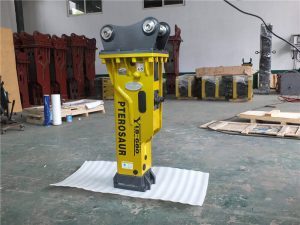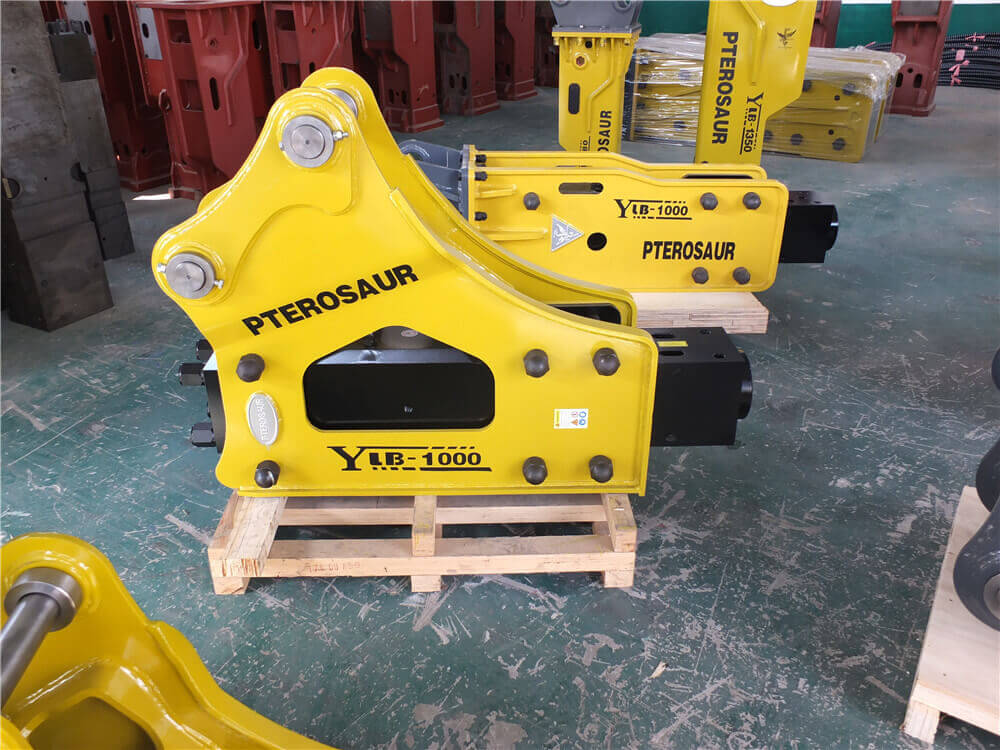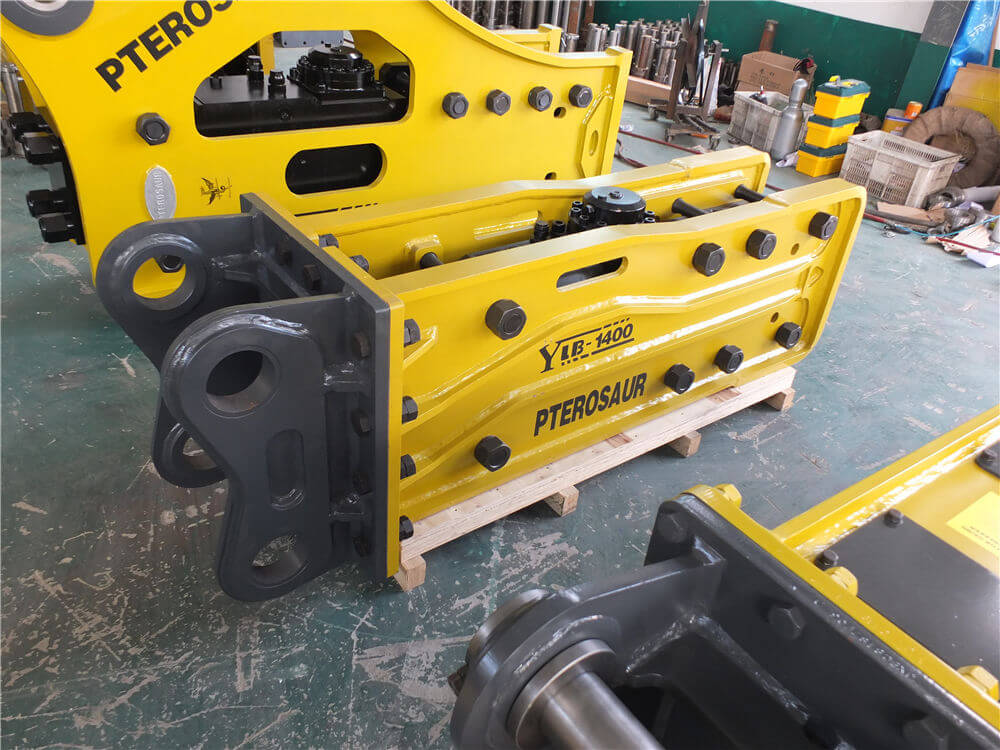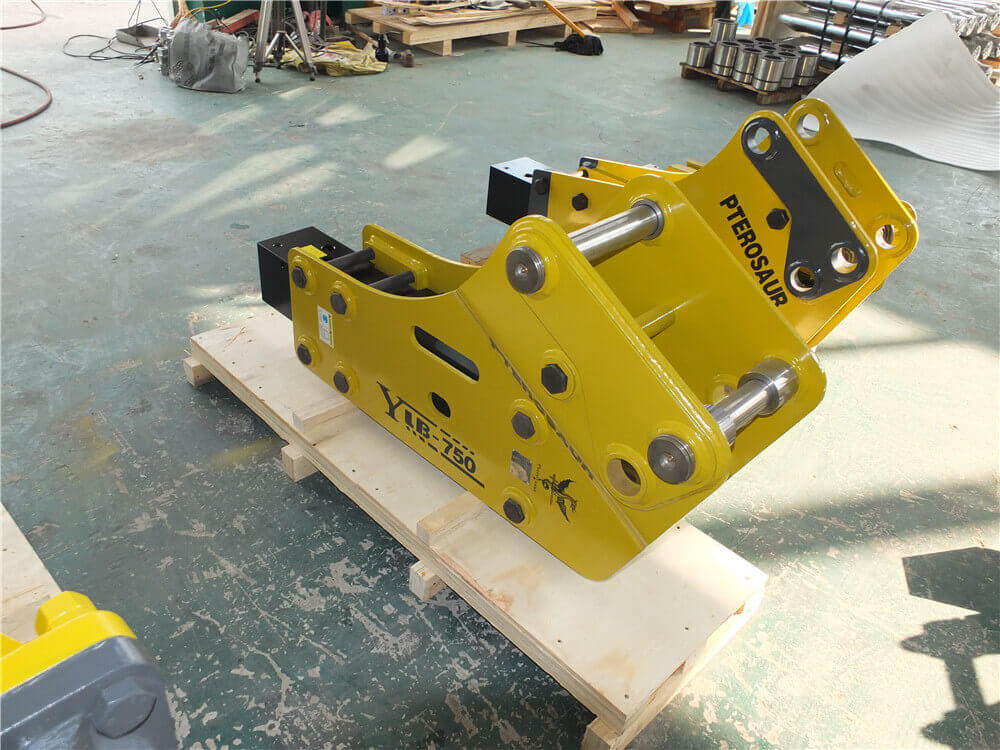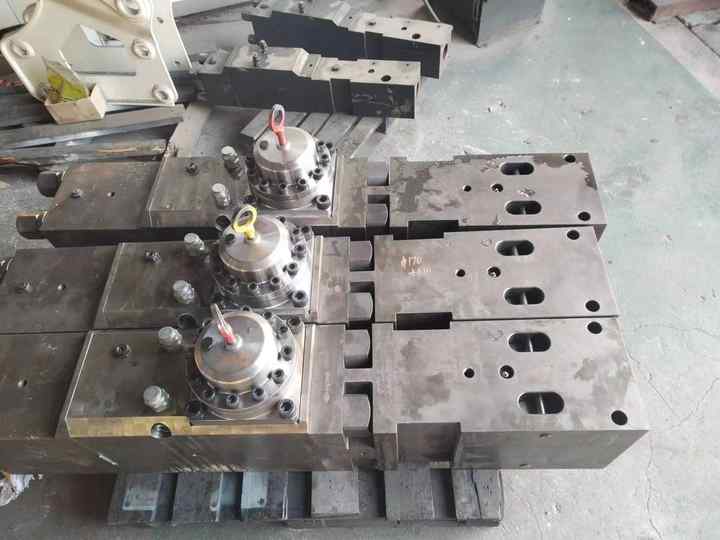The Efficiency of Hydraulic Hammers in Construction
Hydraulic hammers have revolutionized the construction industry, providing essential tools for breaking through tough materials quickly and effectively. Their efficiency allows construction workers to complete tasks in significantly less time, thereby reducing labor costs and enhancing productivity.
Understanding Hydraulic Hammers
A hydraulic hammer, also known as a hydraulic breaker, utilizes hydraulic power to deliver high-impact blows to various materials. This capability makes them a crucial attachment for excavators and other heavy machinery in tasks such as demolition, road construction, and piling.
Energy Transfer Efficiency
One of the standout features of hydraulic hammers is their ability to overcome energy losses during operation. Research has shown that hydraulic pile driving hammers can achieve a higher energy transfer ratio compared to their diesel counterparts. This means a greater proportion of the impact energy is effectively transferred to the pile, leading to more efficient driving processes. The efficiency rating of these systems can be quantified, allowing for comparisons between different hammer models and manufacturers.
High Operating Efficiency
The design and technology behind hydraulic hammers have advanced significantly. For instance, the latest models, such as the 5.9 Ton High Efficiency Hydraulic Piling Hammer, are specifically engineered for optimal performance in piling applications. These hammers deliver high impact forces while minimizing energy losses, which not only enhances productivity but also ensures durability and longevity in demanding construction environments.
Best Practices for Optimal Performance
To maximize the efficiency of hydraulic hammers, certain best practices should be followed:
1. Routine Maintenance: Regular inspections for leaks, fastener integrity, and other wear-and-tear issues are essential for maintaining hydraulic hammer performance.
2. Proper Sizing: It is crucial to select a hammer that is compatible with the excavator and suited for the specific task at hand. This ensures that the hammer operates within its optimal range, maximizing efficiency and effectiveness.
3. Operator Training: Skilled operators who understand the mechanics of hydraulic hammers can significantly enhance their efficiency through proper usage and technique.
Conclusion
In conclusion, hydraulic hammers are invaluable tools in the construction industry due to their high efficiency and effectiveness in breaking tough materials. By understanding their mechanics, energy transfer efficiency, and adhering to best practices, construction professionals can leverage these powerful tools to improve productivity and reduce operational costs. As technology continues to evolve, we can expect further advancements that will enhance the capabilities and efficiency of hydraulic hammers, solidifying their place in modern construction practices.

